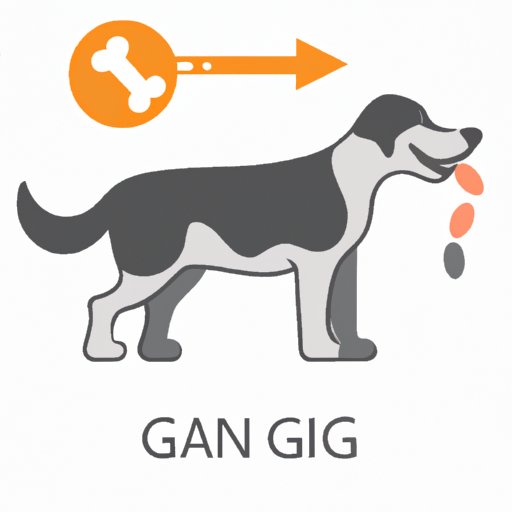
How to Help Your Dog Gain Weight
Dogs come in all shapes and sizes, but when your furry friend is underweight, it can be concerning. The reasons for a dog being underweight can vary, but it’s important to address it as soon as it becomes evident. In this article, we’ll explore some ways you can help your dog gain weight in a healthy and effective manner.
Feeding a Calorie-Dense Diet
The foundation of helping your dog gain weight is to provide them with a calorie-dense diet. This means finding high-quality food that is also high in calories. Look for products that have a high percentage of protein and fat, and minimize the amount of carbohydrates. You can find dog foods that are specifically formulated to help with weight gain, such as Purina Pro Plan SPORT Performance 30/20 Formula.
When introducing a new food to your dog’s diet, it’s important to do so gradually to prevent stomach upset. Start by mixing a small amount of the new food in with their current food and gradually increase the amount over a week. Keep an eye on their response to the new diet and adjust as necessary.
Easily digestible fats like coconut oil or fish oil can also help with weight gain. These types of fats are easily metabolized by the body. Adding a tablespoon of coconut oil to your dog’s meals can provide a quick calorie boost.
Frequent, Smaller Meals
In addition to feeding your dog calorie-dense food, you should also focus on feeding frequent, smaller meals throughout the day. This approach can help your dog digest their food properly and avoid overeating. Break down their meals to three to four smaller, more substantial meals a day. In between meals, you can also provide a list of high-calorie ingredients that can help with the weight gain purpose. Some of them are canned pumpkin, plain baked sweet potatoes, boiled rice, oatmeal, and cheese.
Incorporating Supplements
Supplements can be great additions to your dog’s diet when it comes to weight gain. Here are some popular supplements to consider:
- Probiotics – helps maintain gut health
- Multi-vitamins – can ensure your dog gets all the necessary nutrients
- Anti-oxidants – can fight free radicals and assist in repairing damaged cells
- Fish oil – great source of healthy fats
- Colostrum – helps in strengthening the immune system and can aid in weight gain
As for the dosage, it is important to consult with your veterinarian to determine the right amount for your dog’s weight and breed.
Regular Exercise
Exercise is also important when it comes to helping your dog gain weight. This encourages a healthy appetite and can help build lean muscle mass. It is important, however, to choose low-impact exercises that won’t damage your dog’s joints or tire them out too quickly. Friendly games like fetch or frisbee, or a daily walk can be great options.
It is important to monitor your dog’s progress and adjust their exercise regimen as needed. Too much exercise can hinder weight gain, so you’ll want to make sure your dog has time to rest as well.
Treats Between Meals
Another effective way to increase your dog’s calorie intake is high-calorie treats. These should be used sparingly, but can be great incentives in between meals. Here are some recommended high-calorie treats:
- Chicken jerky
- Bully sticks
- Pepperoni sticks
- Peanut butter
- Biscuits high in fat and protein
Give these treats in appropriate amounts and steadily monitor your dog’s weight gain process
Consultation With Your Veterinarian
A visit to your veterinarian is necessary when it comes to helping your dog gain weight. They can help diagnose any underlying health problems and rule out any risks. The veterinarian will likely perform a physical examination and tests such as blood work to rule out any medical problems like thyroid issues. The veterinarian will also discuss options on diet and supplements to aid in your dog’s weight gain process.
Gradual Weight Gain
It is important to remember that when it comes to weight gain, a gradual process is optimal. Dramatic weight gain can be dangerous and have adverse health effects. Take the time to monitor your dog’s progress, adjust their diet and exercise regimen as needed, and consult with your veterinarian regularly.
Conclusion
Helping your dog gain weight can be a challenging task, but it’s important to address it as soon as possible. A high-quality, calorie-dense diet, frequent, smaller meals, supplements, regular exercise, high-calorie treats, a visit to the veterinarian, and a gradual weight gain process are all essential components of a healthy and effective weight gain strategy. Remember to be patient and seek professional help when necessary, and you’ll have a happy and healthy furry friend in no time.




